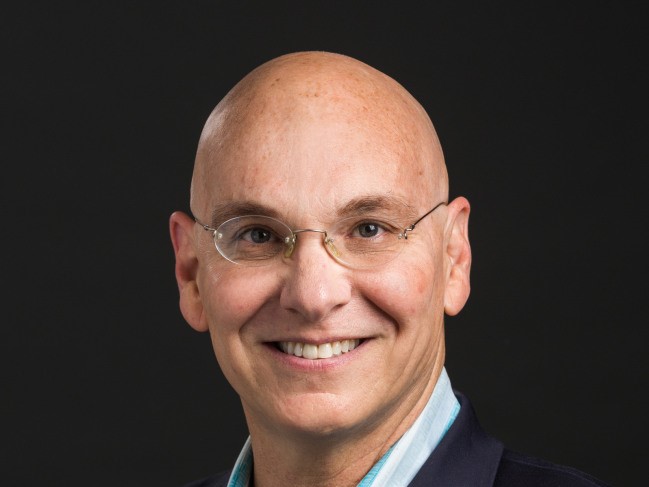KUALA LUMPUR, May 22 — The fastest vaccine developed was the Ebola one that took five years, a medical expert said, as the world races for a vaccine against the novel coronavirus.
According to Dr Frederick L. Altice, a professor of medicine, epidemiology, and public health from Yale University, history of vaccine studies shows that vaccine development takes time as clinical trials have a few phases needed to test and approve the vaccine.
“What we know from the history of vaccine studies is that the fastest vaccine that we’ve ever developed has been done in five years,” said Dr Altice at a virtual talk with Dr Adeeba Kamarulzaman, dean of the Faculty of Medicine, Universiti Malaya (UM), yesterday that was organised by the United States embassy.
“That is not the kind of time that we have right now to move from Phase One, all the way to licensing, wide-scale manufacturing and then of course we’ve got to do the implementation. We’ve got to get it to the people who need it,” he added.
The world has recorded over five million confirmed Covid-19 cases and over 300,000 deaths. The Guardian reported that the disease continues to spread in Asia, but seems to have passed its peak in China where the virus originated from.
Dr Altice also mentioned that currently, there are 115 vaccines for coronavirus at the development stage worldwide. Most of them are in the early exploratory phases or preclinical phases.
“We’re finding information, but there are five that have hit the clinical development phase. Two days ago there was big news that eight cases of patients who were treated with the Moderna RNA vaccine,” said Dr Altice.
Business Insider reported that Moderna’s coronavirus vaccine candidate led to immune responses in a few healthy volunteers in the US biotech company’s first small study that mostly focused on safety. The results reportedly don’t show yet if the vaccine would prevent coronavirus infection.
Dr Altice highlighted three important requirements for Covid-19 vaccines — safety, efficacy and the manufacturing process.
The produced vaccine should be safe and work well without causing side effects. He also explained the three important phases in Covid-19 vaccine development process.
“The phases are Phase One, which is safety. This like the Moderna vaccine — about 10 patients or so, where we find the lowest dose required to produce the maximum antibody, that is immune response in healthy volunteers. Phase Two involves patients in the hundreds and we ask the question how well is that vaccine working and those who need it.
“And then Phase Three is the classic randomised control trial that will take thousands of patients and it really asks the question for those who get exposed, is there a reduction in the likelihood of getting infected and how much of a reduction is there,” said Dr Altice at the talk titled “#VirtualTalk UM and Yale: The Race to Covid’s End”.
He also mentioned that a wide range of tests should be done involving the elderly and children to study the effectiveness of a vaccine to develop immunity against the virus that causes Covid-19, as well as to avoid unintended consequences.
“There are some really important issues because this disease impacts more negatively those individuals who are older and who have immune compromised,” he said.
Furthermore, Dr Altice raised storage problems that will probably emerge in Covid-19 vaccination.
Usually, most vaccines for common conditions can be stored in refrigerators at home here. Those vaccines are easier to be delivered all over the world, including equatorial regions where Malaysia is located. But Covid-19 belongs to the family of single-stranded ribonucleic acid (RNA) viruses.
Unlike conventional vaccines, RNA vaccines should be stored at very low temperatures, said Dr Altice.
“The problem is that our experience with most RNA vaccines, which this will be most likely, have to be stored at incredibly low levels minus 80 degrees, which are typically research freezers, and it will be inaccessible for much of the world,” he said.
“So that’s a major sort of issue and then of course I would say we have to really think about prioritising who gets it.
“The places that will be most devastated will be the low and middle-income countries where there’s a lack of hospital beds and a lack of medical infrastructure to take care of people who get sick.”
He stressed that the producer of vaccines and cost are crucial factors to ensure the vaccine reaches those who really need it.
BBC reported that Covid-19 cases have been surging in many Latin American countries, such as Brazil that has confirmed more than a quarter of a million cases, the third highest globally. Other countries in the region, such as Mexico, Chile, and Peru, are also reportedly experiencing major outbreaks.








